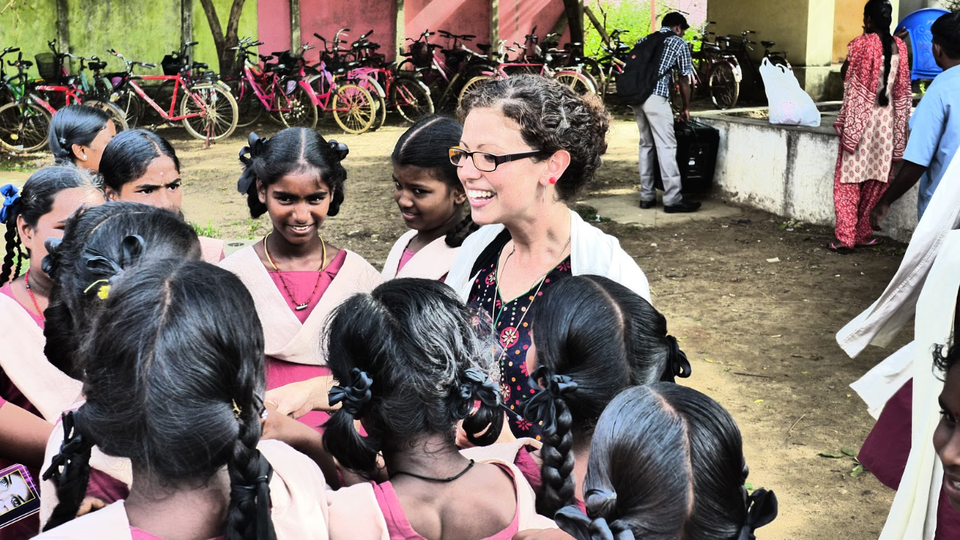Jemma Moody on recognising culture in mental health practice
Check out our latest addition to the 'Perspectives on Global Mental Health' campaign.
We hear from Jemma Moody who's career in global mental health has taken her from her home of Australia, to a range of diverse areas of the world! She acknowledges the need for the field of global mental health to be adaptive to the diverse needs of different cultures and communities globally.
What inspired you to work in the field of global mental health?
Over a decade ago I was volunteering with people seeking asylum in Australia. I was struck by the enormous impact displacement had on mental health and the challenges newly arrived refugees and migrants faced. This was the moment that sparked my career as a social worker. Upon leaving Australia and working abroad I observed how displacement led to disrupted education, trauma, loss and grief, anxiety and depression and dislocation and disconnection from family, community and home. It has become increasingly clear to me that at the heart of recovery and healing at an individual, community and global level is action around mental health – interventions, services, awareness raising, dialogue. Finally, over the years, I have found that working with children and young people is where I am called to practice. They are our future and when we support their mental health and wellbeing we may contribute to a more inclusive and connected society.

Photo courtesy of Jemma Moody, Australian social worker pictured here in Chennai, India
What does global mental health mean to you?
To me, global mental health is the field of mental healthcare that first and foremost, views mental health as a universal right. Global mental health practitioners advocate and provide services to ensure all people, regardless of culture, ethnicity, gender, age, sexuality or ability, have access to services and opportunities to have their mental health needs met. It is a cross-cultural perspective on mental health that priorities local knowledge, strengths and expertise, ensuring that recipients of mental healthcare are active participants in their treatment and recovery.
Global mental health is not, and should not be, the imposition of one type of mental health practice onto another culture or community. Every society, every community, every family, every individual is different. We interact with the world through an intersection of our identities and these perspectives, histories and expertise must be the cornerstone of how we work with mental health at a global level. What is effective in one culture will likely not translate to another in its entirety, just as what works one day may be unhelpful the next. Global mental health requires us, as practitioners, to be flexible, adaptive, curious and humble.
What advice would you give a young person interested in entering the global mental health field?
Find a mentor or supervisor. I am constantly seeking out individuals and organisations with expertise and a wealth of experience in the contexts in which I am working. My mentors have guided me through cultural differences and ethical dilemmas and have encouraged me to continue to learn and grow as a practitioner. All mental health practitioners have an obligation to continue to learn, seek out new information, understand local practices and interventions, develop cultural competency and much more. My advice would be to reach out to practitioners and experts. Ask questions. Engage in supervision. And stay curious.
To find out more about Jemma Moody and other of our Peer Advisory Board members,
check them out here.



